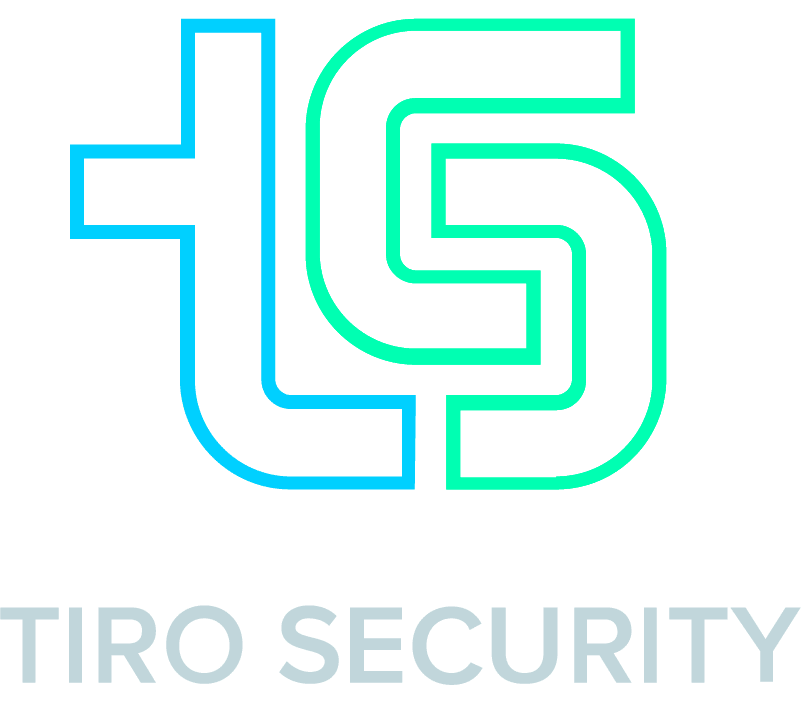
First off I would like to thank Anshu Gupta for allowing us to republish his article. Anshu has experience working at some of the biggest names in tech here in the USA and has sat on both sides of the table so his insight is invaluable.
When I read it I thought it had some great advice that followed the Tiro Security ethos for interview preparation and so this encouraged me to reach out to him to ask his permission to republish it. The fact is if you really want the opportunity you will put in the time it takes to properly prepare….. follow Benjamin Franklin “By failing to prepare, you are preparing to fail.”.
LinkedIn – Check out the LinkedIn profiles of every interviewer. Try to find out at least one thing you can complement them on, or find a commonality e.g. a common connection.
Understand the role – Develop a checklist of things to read upon based on the job description.
Company Culture – Read all the reviews on Glassdoor especially the interview questions section.
Business Practices – Try to get an idea about the business practices of the company from user review sites like Yelp, BBB etc.
Social Media – Find Facebook, LinkedIn and Twitter Accounts and study them for things like company culture, recent wins etc.
Company Due Diligence
- Review the company website especially the “In the news” and “Public Releases” section.
- Gain a basic understanding of the sector/industry specific challenges the company faces.
Technical Due Diligence – For technical positions
- Check out the GitHub repos of the company to see projects they have open sourced and if any of your interviewers are one of the main committers to a project.
- Read the engineering blog including any major technical overhauls made.
- If the company has a mobile app, download their App and review the functionality.
- If the company has a free tier on their web application/service, create an account and browse through various workflows
Financial Due Diligence – If company is public, read their S-1 especially the section on risks. For venture backed companies, check sites like Crunchbase for investors behind the company, funding rounds etc. (Fun fact – If you read the Google S-1 you will get to know the percentage of their income which comes from ads)
During the interview
- Develop a list of your Top 10 achievements and make sure that no matter what, you are able to weave those achievements in your responses.
- Find out at least one major achievement of your interviewer and compliment them on it. It could be one of their technical talks or an article they wrote.
- Take a notebook with you and write down things, you could get back to the interviewer on, or a thing you could not answer well.
After the Interview – Send a thank you email with something they can read upon e.g. an article you wrote, a presentation you gave etc.
